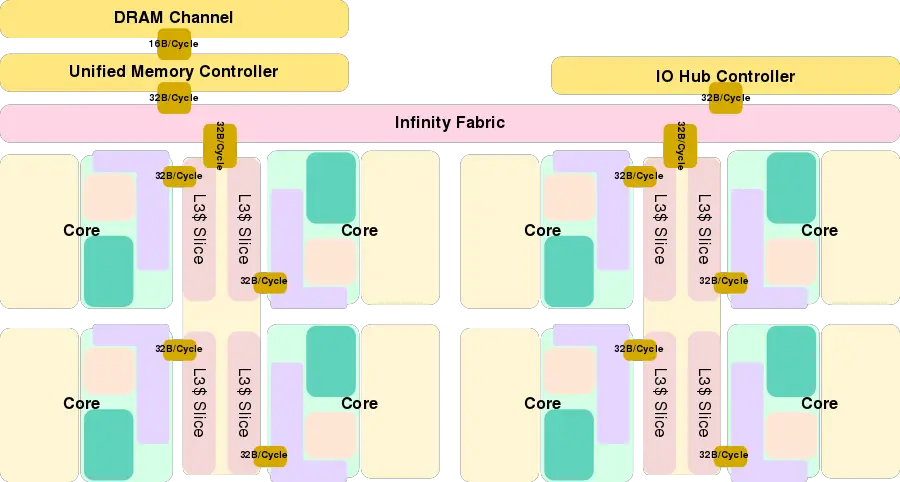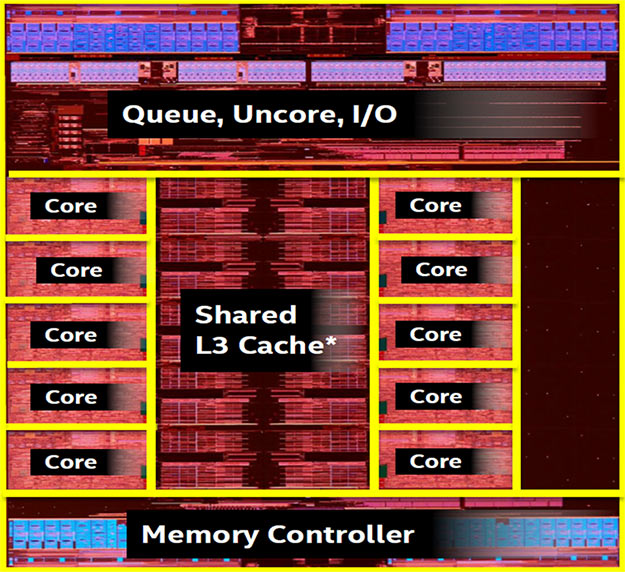horrorshow
Lakewood Original
- Joined
- Dec 14, 2007
- Messages
- 9,448
This is quite confusing....
I've been keeping tabs on the R5 1400X and R3 1200x in particular.
As these cores, true cores?
I could care less about threads etc.
In theory, shouldn't an R3 1200x 4 core oc'ed to 3.8-4.0ghz be competitive to an i5?? Within reason obviously..
(I know CCX has something to do with caching, but the more I read, the more it sounds like AMD is pulling a fast one yet again....)
I've been keeping tabs on the R5 1400X and R3 1200x in particular.
As these cores, true cores?
I could care less about threads etc.
In theory, shouldn't an R3 1200x 4 core oc'ed to 3.8-4.0ghz be competitive to an i5?? Within reason obviously..
(I know CCX has something to do with caching, but the more I read, the more it sounds like AMD is pulling a fast one yet again....)
![[H]ard|Forum](/styles/hardforum/xenforo/logo_dark.png)

